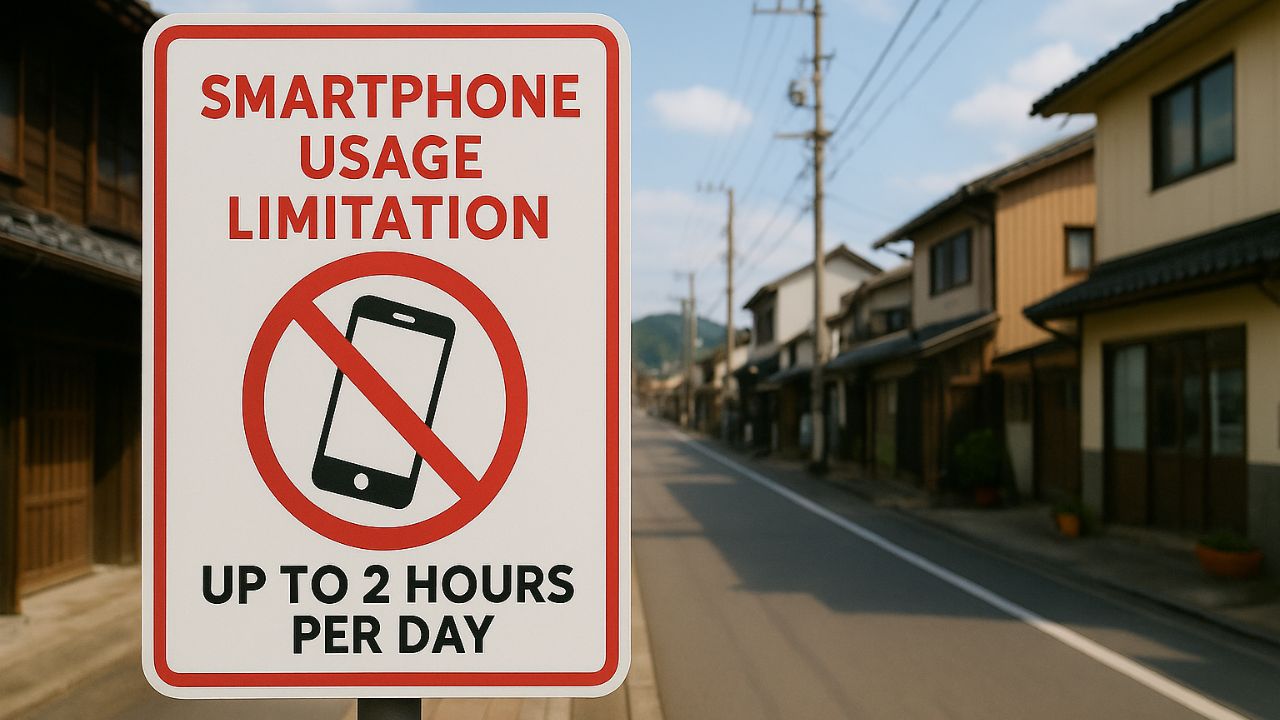Japan's Toyoake town is considering a drastic step to tackle the growing issue of online addiction and sleep deprivation. Officials in Toyoake, located in Aichi prefecture, have proposed urging all residents—both children and adults—to limit their smartphone use to two hours per day. Mayor Masafumi Koki explained that the initiative is aimed at addressing health problems linked to excessive device use, including sleep disorders and psychological stress.
Ordinance Debate Underway
The Toyoake municipal assembly has begun discussing the proposal, which is non-binding and carries no penalties for those who exceed the daily limit. A vote on the ordinance is expected late next month, with implementation planned for October if approved.
Also Read | South Korea Just Kicked Smartphones Out of Class—Will Students Finally Look Up?
The guidelines also include recommendations for device curfews: primary school children, aged six to twelve, are advised to avoid using smartphones or tablets after 9 p.m., while teenagers and adults are encouraged to put them aside after 10 p.m.
Backlash from Residents and Online Users
Despite its health-focused intention, the proposal has triggered criticism both online and within the community. Many residents see it as an overreach into personal freedom, while others argue the limit is unrealistic.
On social media, one user commented, “I understand their intention, but the two-hour limit is impossible.” Another wrote, “Two hours isn’t even enough to read a book or watch a movie on my smartphone.”
Officials revealed that after the announcement, the city received 83 phone calls and 44 emails in just four days—about 80% of them strongly opposed to the plan.
Also Read | AI Lessons for school kids in Hangzhou — When Will India Catch Up?
Mayor Defends the Idea
Mayor Koki clarified that the rule is not mandatory and acknowledged that smartphones are “useful and indispensable in daily life.” However, he expressed hope that the move would encourage families to reflect on how much time they spend on devices and when they use them. He added that the proposal also responds to rising concerns about behavioural issues, such as truancy among children reluctant to part with their phones during school hours, as well as reports of adults losing sleep or neglecting family time due to late-night scrolling.




